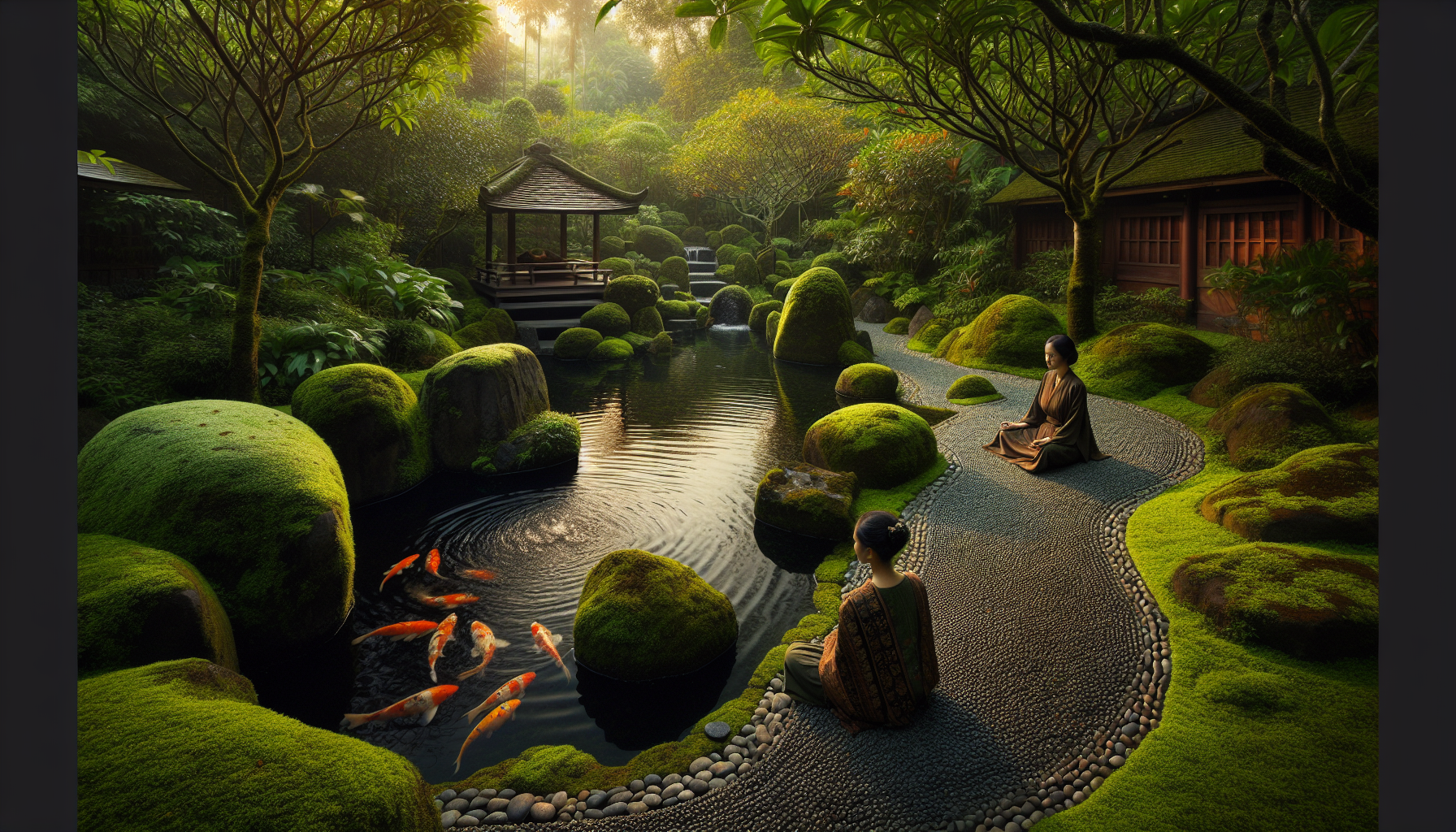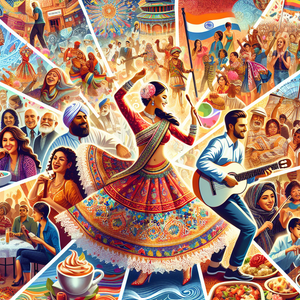The Art of Luxury: Bernard Arnault's Mastery in Brand Building

At the heart of Arnault’s strategy is a profound appreciation for the essence of brand identity. Each label under the LVMH umbrella is not just a business; it embodies a unique narrative and heritage that Arnault has meticulously preserved and promoted. For instance, Louis Vuitton, founded in 1854, represents more than just high-end luggage; it symbolizes craftsmanship and timeless elegance. Arnault understands that luxury consumers are not merely purchasing products; they are investing in a story and an experience. A prime example of this philosophy is the revival of Christian Dior. Under Arnault's leadership, Dior has undergone a renaissance that honors its heritage while appealing to modern sensibilities. The reimagining of the "Lady Dior" handbag through collaborations with contemporary artists illustrates the delicate balance between tradition and innovation that Arnault champions. This approach has not only attracted a new generation of consumers but has also solidified Dior's place in the luxury market.
Nurturing Iconic Labels
Arnault's acquisition strategy is another cornerstone of his success in luxury brand building. His ability to identify struggling yet promising brands is crucial. By acquiring these brands, Arnault enhances LVMH's portfolio and injects fresh energy and strategic direction. A notable case is the acquisition of Bulgari in 2011. Arnault recognized the brand's potential and integrated it into LVMH, revitalizing its offerings and expanding its market presence. Under LVMH’s stewardship, Bulgari has flourished, particularly in the jewelry segment, demonstrating Arnault’s capacity to breathe new life into luxury brands while preserving their unique identities. This strategy not only strengthens LVMH’s market position but also exemplifies Arnault’s vision of a diverse yet cohesive luxury conglomerate.
Shaping Consumer Perceptions
Arnault’s influence extends beyond LVMH's portfolio; he has masterfully shaped consumer perceptions of luxury itself. In an era where authenticity and exclusivity are paramount, Arnault has positioned LVMH brands as epitomes of quality and desirability. Through strategic marketing campaigns and selective distribution, he has cultivated an aura of exclusivity around LVMH products. The introduction of the "limited edition" concept is a prime example of this strategy. Collaborations between Louis Vuitton and contemporary artists, such as Takashi Murakami, create a sense of urgency and heightened desirability among consumers. These limited-edition releases not only drive sales but also reinforce the perception that luxury transcends mere products—it's an experience. This marketing acumen has transformed consumer expectations and solidified LVMH’s standing as a leader in luxury.
Creating a Luxury Ecosystem
Beyond individual brands, Arnault has cultivated a luxury ecosystem that intertwines fashion, art, and culture. By fostering collaborations between LVMH brands and the art world, he has positioned LVMH at the crossroads of luxury and creativity. The Fondation Louis Vuitton, an art museum and cultural center in Paris, embodies this vision. It serves as a platform for contemporary artists and reinforces LVMH's commitment to the arts and innovation. Arnault's focus on experiential luxury has also redefined consumer expectations. Today, luxury is not solely about ownership; it encompasses lifestyle and experience. LVMH has invested heavily in creating unique retail environments, exclusive events, and personalized services that elevate the consumer experience. This shift toward experiential luxury reflects Arnault’s forward-thinking approach and ensures that LVMH remains relevant in a rapidly changing market.
Bernard Arnault's mastery in brand building is a testament to his visionary leadership and deep understanding of the luxury market. By preserving brand identities, nurturing iconic labels, shaping consumer perceptions, and creating a cohesive luxury ecosystem, Arnault has not only positioned LVMH as a global powerhouse but has also redefined the essence of luxury in the modern age. As the luxury landscape continues to evolve, Arnault's strategies will undoubtedly inspire future leaders in the industry, ensuring that the art of luxury remains a captivating and ever-relevant pursuit. His journey illustrates how astute business acumen, coupled with an appreciation for heritage and innovation, can create a legacy that transcends generations.
Luxury Brand Manager
LVMH, Kering, Richemont
Core Responsibilities
Develop and implement brand strategies that align with the luxury market's standards and consumer expectations.
Conduct market research to identify trends, competitor activities, and consumer insights, ensuring the brand remains relevant and desirable.
Collaborate with marketing, sales, and product development teams to create cohesive marketing campaigns that enhance brand identity and visibility.
Required Skills
Strong understanding of luxury consumer behavior and market dynamics.
Excellent project management and communication skills.
Proven experience in brand management, preferably in the luxury sector.
Luxury Retail Experience Designer
Gucci, Burberry, Chanel
Core Responsibilities
Design and implement customer experience strategies that reflect the brand’s luxury positioning in retail environments.
Analyze customer feedback and metrics to optimize the in-store experience and drive sales.
Collaborate with visual merchandising and store operations teams to create immersive shopping experiences that resonate with luxury clients.
Required Skills
Strong background in customer experience design, ideally within luxury retail.
Creativity and an eye for aesthetics that align with high-end branding.
Experience with customer journey mapping and experience optimization techniques.
Luxury Product Development Specialist
Prada, Louis Vuitton, Hermès
Core Responsibilities
Oversee the product development lifecycle from concept to launch, ensuring alignment with the brand’s luxury standards and consumer expectations.
Coordinate with suppliers and manufacturers to source high-quality materials that reflect luxury craftsmanship.
Conduct thorough market analysis to inform product innovation and positioning within the luxury segment.
Required Skills
Strong knowledge of luxury product materials and manufacturing processes.
Excellent organizational skills and attention to detail.
Experience in product management or development, preferably in luxury fashion or accessories.
High-Value Client Relationship Manager
Sotheby’s, Christie’s, high-end hotels, luxury fashion brands
Core Responsibilities
Cultivate and maintain relationships with high-net-worth individuals, ensuring personalized service that reflects the brand's luxury ethos.
Develop tailored marketing strategies to engage and retain affluent clients, fostering brand loyalty and repeat business.
Collaborate with sales and marketing teams to create exclusive events and experiences for key clients.
Required Skills
Exceptional interpersonal and communication skills, with a strong emphasis on client service.
Experience in luxury sales or client management, with a proven track record of building lasting relationships.
Strong understanding of the luxury market and consumer behavior.
Luxury Digital Marketing Strategist
LVMH, Estée Lauder Companies, luxury e-commerce platforms like Net-a-Porter
Core Responsibilities
Develop and execute digital marketing campaigns that enhance the online presence of luxury brands and drive consumer engagement.
Analyze digital performance metrics to optimize strategies and ensure alignment with luxury brand standards.
Stay current with digital marketing trends, particularly in social media, influencer marketing, and e-commerce within the luxury sector.
Required Skills
Strong knowledge of digital marketing tools and analytics platforms.
Experience in crafting compelling narratives for luxury brands across digital channels.
Background in luxury brand marketing or digital strategy, with a focus on high-end products.


